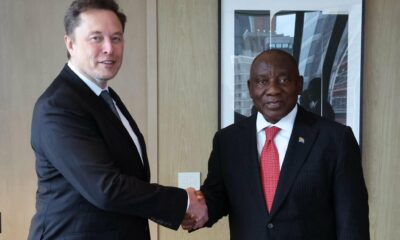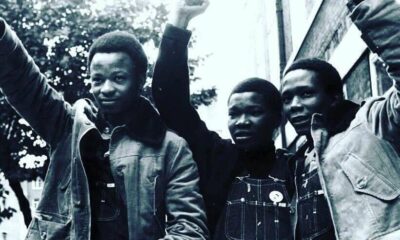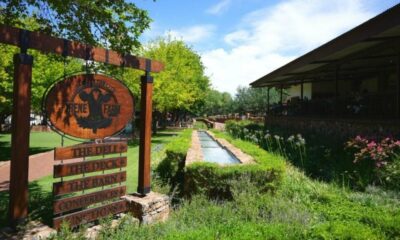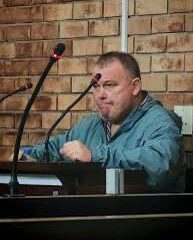News
Craig Williamson Denies Role in Murder of the Cradock Four
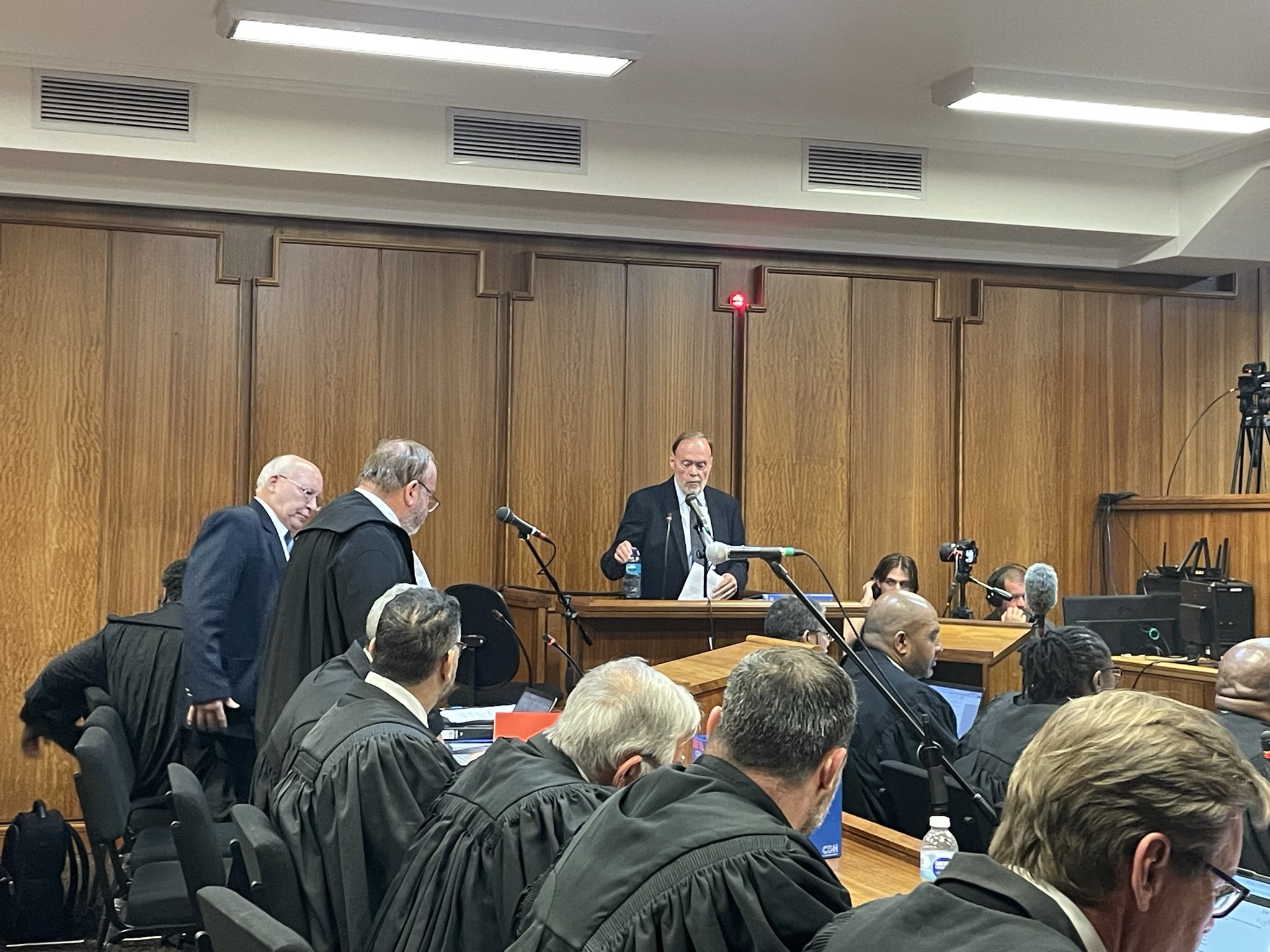
“I Did Not Plan or Kill the Cradock Four,” Says Former Apartheid Spy
More than four decades after one of apartheid’s darkest assassinations, Craig Williamson, a former intelligence operative once described as the “gentleman spy” of apartheid, has denied any role in the brutal murders of the Cradock Four.
“I wish to emphatically deny that I had any involvement in the planning or killing of the Cradock Four. The allegations are nonsense,” Williamson told the Gqeberha High Court on Tuesday, his calm tone clashing with the heavy emotions still attached to one of South Africa’s most painful political crimes.
Revisiting a Tragedy That Shook a Nation
The Cradock Four, Matthew Goniwe, Fort Calata, Sicelo Mhlauli, and Sparrow Mkonto , were prominent anti-apartheid activists who vanished in June 1985 after attending a United Democratic Front meeting in Gqeberha. Their charred and tortured bodies were later discovered near Bluewater Bay, a discovery that ignited national outrage and international condemnation.
To this day, their deaths remain a symbol of the apartheid regime’s most ruthless tactics and of the families’ decades-long struggle for truth and justice.
Williamson: The Double Agent Who Played Both Sides
Craig Williamson’s name has long hovered in the shadows of apartheid’s espionage underworld. Once a student activist, he infiltrated anti-apartheid movements like the ANC and the South African Communist Party (SACP) in the 1970s and 1980s, while secretly working for the Security Branch of the apartheid government.
His work extended across continents, targeting exiled activists through surveillance, bombings, and assassinations. Williamson admitted in court that he passed intelligence that contributed to the monitoring of Steve Biko before his death in police custody in 1977.
He also acknowledged involvement in operations that resulted in the deaths of Ruth First, killed by a letter bomb in Mozambique in 1982, and Jeanette Schoon and her six-year-old daughter Katryn, murdered by another letter bomb in Angola two years later.
But Williamson insists his operations were confined to foreign missions, not domestic killings like that of the Cradock Four.
Families Seek Accountability
During cross-examination, Advocate Tembeka Ngcukaitobi SC, representing the families of the slain activists, questioned Williamson about whether he had ordered intelligence officer Jacob van Jaarsveld to monitor Matthew Goniwe’s home in preparation for an assassination.
Williamson flatly denied this.
Van Jaarsveld, however, previously admitted to the Truth and Reconciliation Commission (TRC) that he had been tasked with assessing whether Goniwe could be targeted and was later granted amnesty for his role.
Ngcukaitobi also clashed with Williamson’s defence lawyer, Jaap Cilliers SC, accusing him of disrespecting black advocates and warning he could be held in contempt of court. The tense exchange underscored how, even decades later, the fight for truth in apartheid-era killings remains fraught and emotional.
“Neutralising Enemies”, A Cold Bureaucracy of Death
When pressed about the apartheid government’s broader strategy of political assassinations, Williamson described his work within the State Security Council in disturbingly clinical terms.
“The role of the State Security Council was to neutralise those considered enemies of the state,” he said. “Neutralise meant killing them.”
To many South Africans, his words echo the cold machinery of a state that sought to justify murder as policy and the enduring pain of families still seeking closure.
Social Reaction: “Justice Delayed Is Still Justice Denied”
On social media, South Africans reacted with anger and disbelief to Williamson’s denials.
“How can he admit to killing people abroad but deny killing South Africans at home? Where’s the humanity?” wrote one X (formerly Twitter) user.
Others urged the justice system to ensure accountability, no matter how many years have passed.
“The families of Goniwe, Calata, Mhlauli, and Mkonto have waited 40 years. The truth can’t die with the old guard,” another posted.
The Long Road to Closure
The Cradock Four inquest is more than just another courtroom proceeding, it’s a test of South Africa’s commitment to truth and reconciliation. For the victims’ families, it’s not about vengeance, but about the right to know who gave the orders and why.
As the inquest continues this week, the ghosts of apartheid’s covert wars return to court, reminding South Africa that while democracy has advanced, justice for the dead remains unfinished business.
{Source: IOL}
Follow Joburg ETC on Facebook, Twitter , TikTok and Instagram
For more News in Johannesburg, visit joburgetc.com

